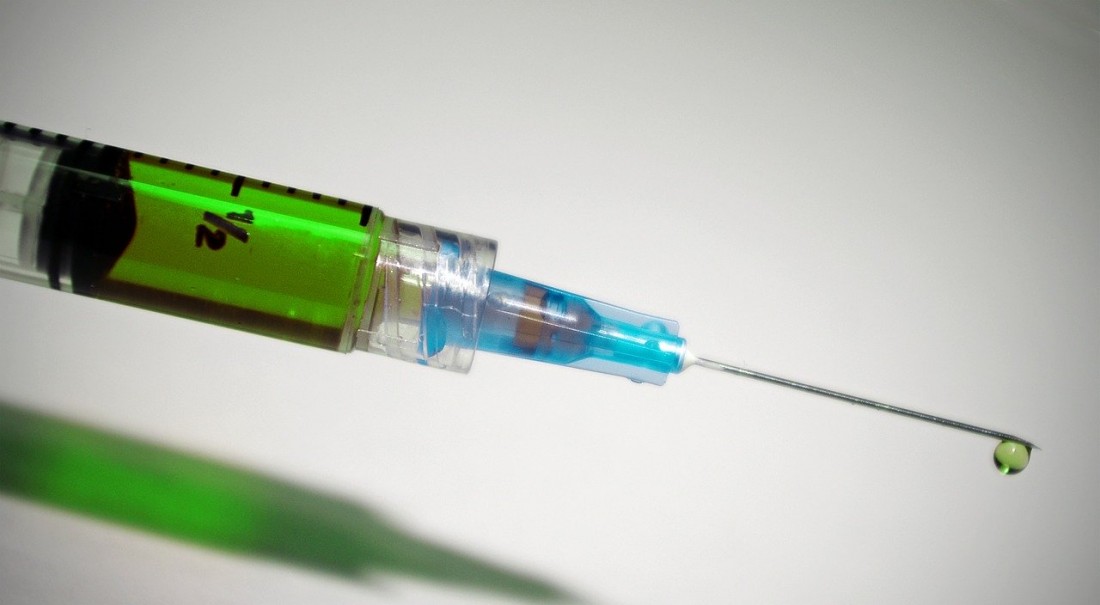Opioid Response Project Team Spotlight: Transylvania County
The Transylvania team’s work throughout the Opioid Response Project faced challenges, but the benefits have been many.

Co-Author: Mary Parry
Naloxone is now regularly carried in first responders’ vehicles in Transylvania County, thanks to the collaborative work of their local Opioid Response Team. Naloxone is an opioid antagonist drug, used to reverse overdoses and save the lives of those struggling with opioid addiction. The team also seeks to make the drug available in public buildings like schools, libraries and city hall. But keeping Naloxone within arm’s reach is just the first step, according to Jim Hardy, who serves as a board member with the CARE Coalition of Transylvania County. “The issue has been training people to use Naloxone,” said Hardy. “There is a hesitancy around liability issues.”

Hardy is one of 12 members of the Transylvania Opioid Response Team, made up of key community leaders including the county sheriff, a county commissioner, director of the county health department, head of emergency services for the county, and medical professionals experienced in addiction. Aside from their work increasing access to Naloxone, the team collaborated with another agency to offer an information fair in Transylvania County. “Our goal is to provide public outreach, finding opportunities to help the public learn what resources we have available to help us curb this epidemic,” said Hardy.
Looking ahead, the Transylvania team would like to provide a clean needle program in the community. There are two such programs in the nearby Asheville-Buncombe area experiencing overwhelming demand. “One of the Asheville programs saw 700,000 needles distributed in one year,” said Hardy. “Those numbers show that not only is there a need for clean needles in our area, but that people are coming from other counties and other states to participate.”
The team has work to do before they feel the county will be receptive to a clean needle program of its own. “There are political issues. We live in a conservative county,” said Hardy. “We need to keep working to get people on board with tackling the opioid crisis from this angle.”
Members of the Transylvania team are starting to lay the groundwork by talking to community leaders  about the benefits of offering a clean needle program. The most obvious benefit is cutting down on bloodborne diseases like Hepatitis C. As clients approach clean needle programs, workers are able to assess needs, offering help with health conditions. Sometimes those conversations lead to treatment.
about the benefits of offering a clean needle program. The most obvious benefit is cutting down on bloodborne diseases like Hepatitis C. As clients approach clean needle programs, workers are able to assess needs, offering help with health conditions. Sometimes those conversations lead to treatment.
Clean needle programs also help track the spread of Fentanyl, which is a potent substance showing up in a variety of drugs, and often a cause of overdose. Program workers offer Fentanyl test strips to clients, which can help them test drugs for the deadly substance before they use them. “One big problem with launching a clean needle program is location. Where do you do it?” Hardy asks. “In our population, we have a sizable number of people located in the Brevard area, but we also have quite a few people dispersed in rural areas. How can we make these easily accessible for the people who need clean needles?”
Community spaces like the health department, normally used for public health offerings, often don’t work well for clean needle programs. Residents aren’t as likely to access government facilities for information or resources related to habits they know are illegal. Another issue is funding for the purchase of clean needles. As for the Asheville-Buncombe clean needle program experiencing such high demand, those costs are covered by the church offering the program. “In addition to the needles, the church offers meals and a safe space,” said Hardy.
The Transylvania team’s work throughout the Opioid Response Project faced challenges, but the benefits have been many. Hardy points to their growing network as the most change-inducing outcome from this experience. “Being part of this team has created an opportunity for local leaders to sit down at the table together in an organized way to hear from each other and collaborate on working toward solutions to the opioid epidemic,” said Hardy.
“It’s projects like this, learning from others and sharing what we know, that empower new projects to happen.”

To learn more about the Opioid Response Project coordinated by the ncIMPACT Initiative, please visit: https://www.sog.unc.edu/opioidresponseproject
